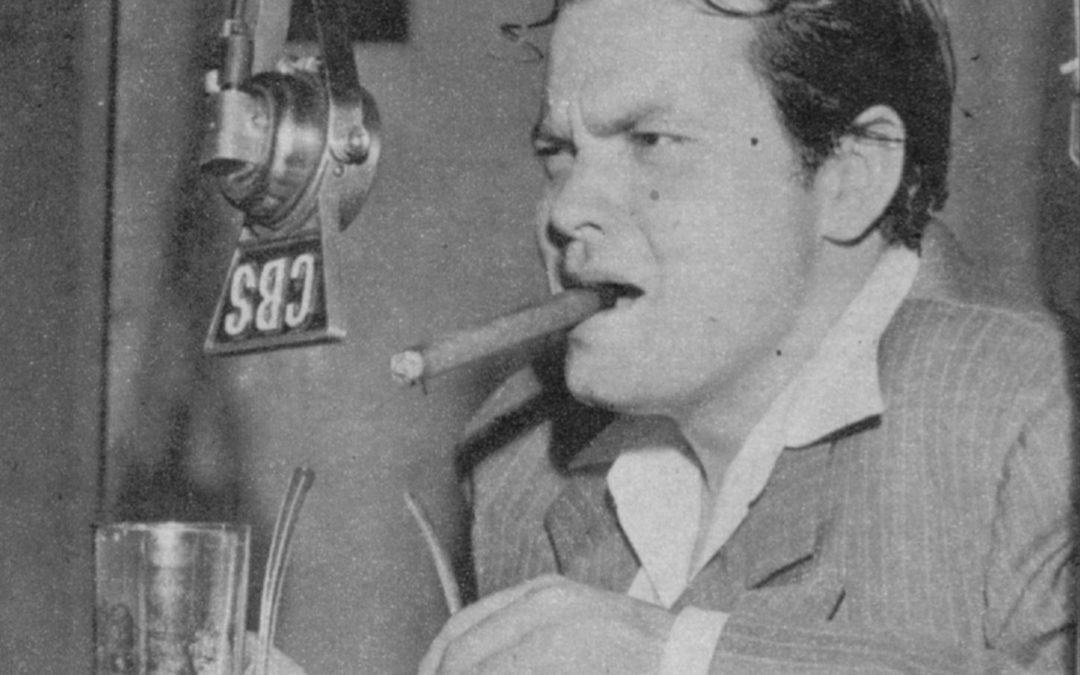
FRESH WATER FOR FLOWERS Valérie Perrin
Fresh water for flowers, almost a reminder.
Which has turned into a word of mouth extended to the point of conquering the ranking with advice from reader to reader. In fact, I read it thanks to Monica.
Only later I found the list of awards won: Prix Maison de la presse, the Prix Jules-Renard and the Prix des lecteurs du Livre de poche.
I opened it in the dark, not knowing what flowers to take care of, and I found that the cure was for myself.
The immediacy with which I thought how congenial could be the work that the narrator does, was as simple as when we finally realize something that had always been before our eyes but that until now we had never really looked at.
Wearing such a fitting idea of serenity, however, cannot be a foregone conclusion, as much as it is not certain that the starting point is comparable to lightness.
On the other hand, flowers are symbols of delicacy par excellence.
Flowers are beauty, but also fragility.
Flowers need light.
Flowers need heat.
I loved the backbone of this story, and perhaps for this reason, coming to the ramifications I felt a strong sense of annoyance. But that has done nothing but make it even more of a perfect metaphor.
If we think about it, changing the water is an action of renewal that aims, however, to perpetuate the same goal, and in fact in this book the changes have the characteristic of bringing back to the origin as in the most classic of closed circles, such as the seasons , which complete their cycle.
But flowers can also be born between concrete.




 Hi I'm Claudia and this is KCDC.
Hi I'm Claudia and this is KCDC.




OPINIONI